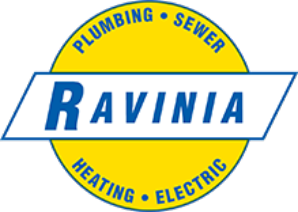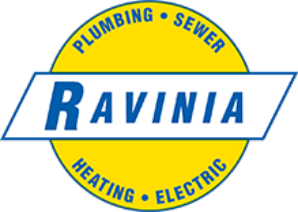
We really advise against people doing electrical work themselves. Do it wrong and you can short out your entire house, start a fire, injure yourself, or worse. But if you are determined to do it yourself, here are some things you will need.
- Safety glasses to protect your eyes.
- Linesmen’s pliers to cut, grip, twist or crimp wires.
- Wire stripper to cleanly remove the insulation around wires.
- Voltmeter to check voltages to ensure circuits are live.
- Non-contact voltage tester to determine whether current is running through a wire.
- Flashlight to provide the needed light if the electricity is out.
- Insulated screwdrivers (slotted and Phillips head) that do not conduct electricity.
- Fish tape if you are going to “fish” wires through conduit.
- Electrical tape to repair minor nicks in wires, to mark wires for various purposes, and to cover and insulate wire nut connections. Electrical tape comes in a variety of colors to distinguish between wires. You can also use colored electrical tape to mark your tools.
- Tape measure to measure the height for switches and outlets, and to center them.
- Level to make sure you install the switch or outlet level.
- Wire nuts in various sizes to screw onto the connections of different size wires. Many light fixtures come with wire nuts, but they may not be the proper size. So having extras on hand may save a trip to the hardware store.
- Mounting screws for mounting switches, receptacles, and light fixtures to the electrical box. Again, fixtures, switches, and outlets often come with mounting screws, they but they might not be the right size. Look for #6-32 machine screws, and buy a variety of lengths.
- Face plate screws are also sized #6-32, and are usually packaged with rounded heads in white, steel, or brass to match your face plates.




